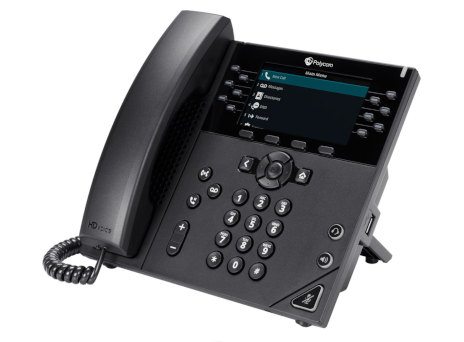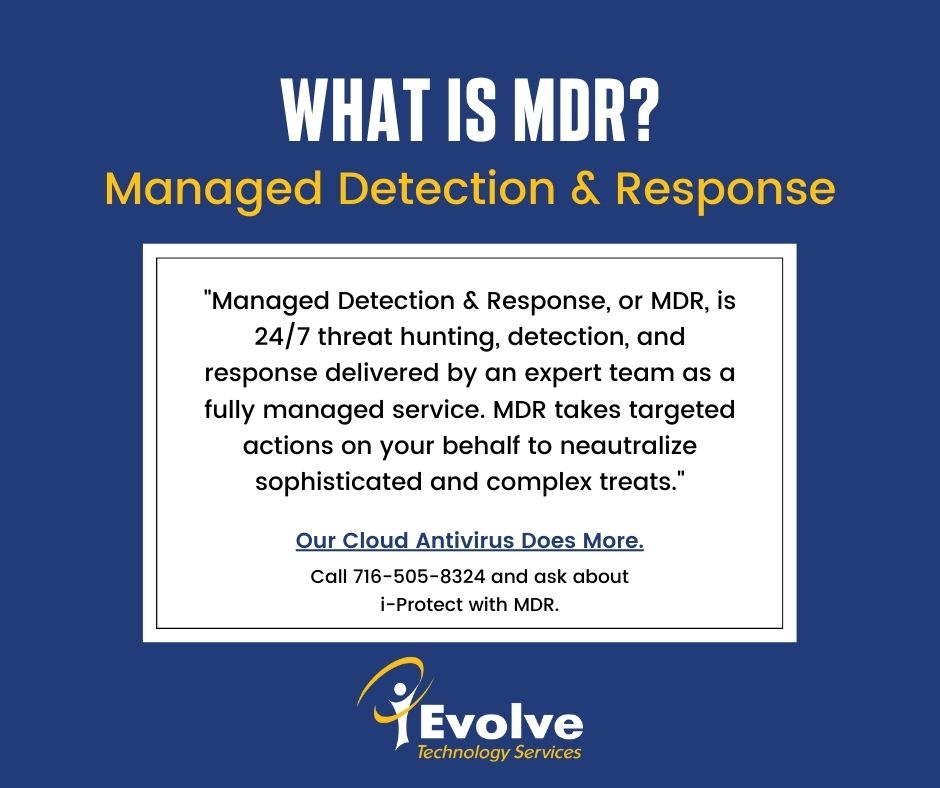These malware symptoms are common signs of a malware infection. However, many types of malware operate without alerting you to their presence. These covert programs may be even more of a malware threat, as they can lead to Internet dangers like identity theft and credit card fraud. The only way to know for sure if your computer has a malware infection is to run a virus scan.

Signs That Your System Contains Malware
While some malware is designed to operate silently behind the scenes of your machine, some are designed to wreak havoc. If you suspect your computer or other device is infected, there a few common signs to keep an eye out for before diagnosing the problem more specifically.
PC Performance Problems
Slow PC or frequent computer crashes? Even a small amount of malware on a system can slow down computing and crash your PC because it operates in the background, sapping hard drive resources.
In addition to sluggish functionality and frequent crashes, look for other instances of your computer behaving in ways it didn't before. Is it repeatedly trying to open a program on its own, or a different browser than the one you've designated as the default?
Unexplained PC Behavior
Spyware can cause some unexplained PC behavior, especially for your browser. If things are happening that you did not initiate, you may already be a victim. Some common changes in behavior include:
- Mysterious new toolbars you can’t delete
- Unexplained changes to homepage settings
- Suspicious search results.
A lot of spyware capitalizes on one wrong click from a user, taking advantage of the error to install itself once, and then in many places so it's more difficult to remove. Because commandeering your computer allows cybercriminals to achieve their ends more conveniently in many cases, spyware is commonly configured in this way.
Interruptions from Pop-ups and Spam
Familiar with pop-ups and spam? Harmless enough, right? Don't be fooled. While many pop-ups and emails from reputable companies are safe, the adware programs that generate illegitimate pop-ups are capable of installing spyware to hijack your browser and capture your personal information.
CoolWebSearch, for instance, is a famous strain of spyware known for hacking web searches, browser homepages, and browser settings on Windows-based machines. Gator is an example of a notable adware program that hijacks banner ads based on your browsing history, walking a fine line between annoying and malicious.
Now you know a little more about what to look more if you believe your computer may be infected with malware. Installing an internet security solution is usually the best way to make a more accurate diagnosis. Robust solutions like I-Evolve’s I-Protect will alert you to problematic files, provide a description, and then quarantine/remove the culprit, getting your machine back to normal in as little as a few seconds.








